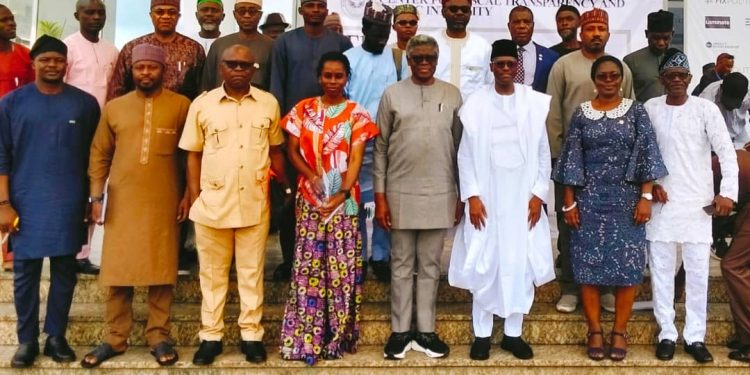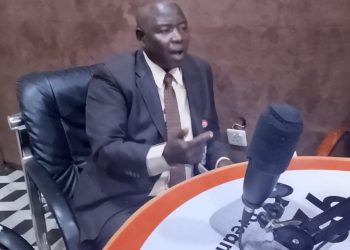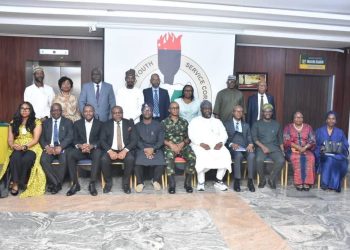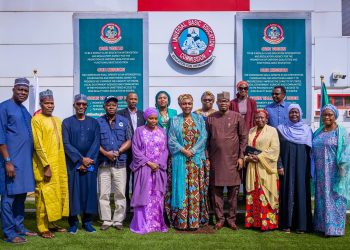By Nkechi Eze
The Fiscal Responsibility Commission (FRC) was among prominent institutions featured at the launch of the Nigerian Local Government Integrity Index (NLGI), an initiative of the Centre for Fiscal Transparency and Public Integrity (CeFTPI), held on Friday, October 3, 2025, at the Shehu Musa Yar’Adua Centre, Abuja.
According to a statement signed by the Deputy Director, Strategic Communication FRC, Bede Ogueri Anyanwu, the high-profile event drew key stakeholders from government agencies, civil society organisations, academia, development partners, and the media, all of whom converged to deliberate on strengthening accountability and transparency at the grassroots level.
In his welcome address, the Executive Director of CeFTPI, Dr. Umar Yakubu, explained that the NLGI was designed as a comprehensive, evidence-based tool to assess governance performance and corruption risks across Nigeria’s 774 local government areas. He noted that the index evaluates accountability structures using eight core pillars: fiscal transparency and accountability, financial capacity, anti-corruption enforcement, post-election governance and sustainability, civic oversight and media freedom, public service delivery outcomes, digital infrastructure and e-governance, and security environment.
Dr. Yakubu stressed that the recent Supreme Court judgment granting financial autonomy to local governments was a welcome development, but also underscored the urgency of instituting effective monitoring and accountability systems to ensure that autonomy translates into tangible service delivery for citizens.
Representing the Chairman of the Fiscal Responsibility Commission, Victor Muruako, Esq., the Commission’s Special Adviser, Dr. Chris Uwadoka, lauded CeFTPI for the initiative, noting that the index complements the FRC’s statutory mandate of promoting fiscal discipline, transparency, and accountability across all tiers of government. He emphasised that the NLGI offers a vital framework for civil society advocacy, oversight institutions, and citizens to hold local government leaders accountable for public resources.
The launch also attracted representatives of anti-corruption agencies, oversight bodies, and the media, who described the index as a timely and much-needed intervention in Nigeria’s governance landscape.

















